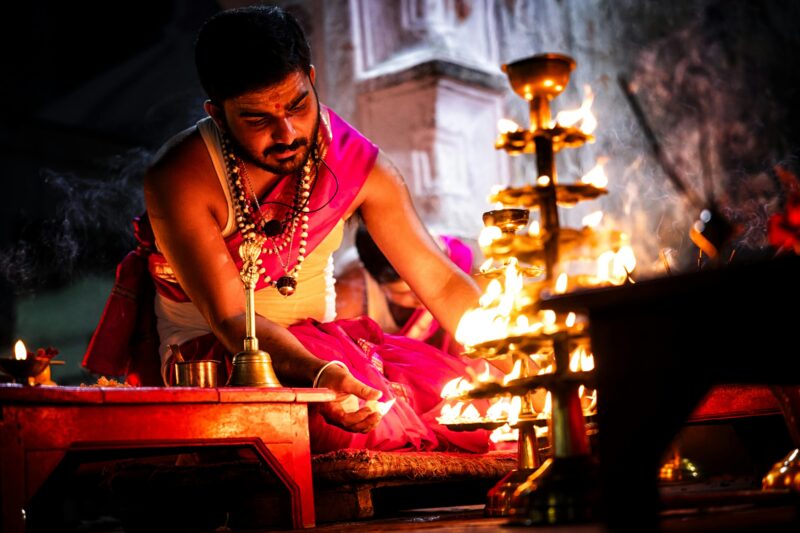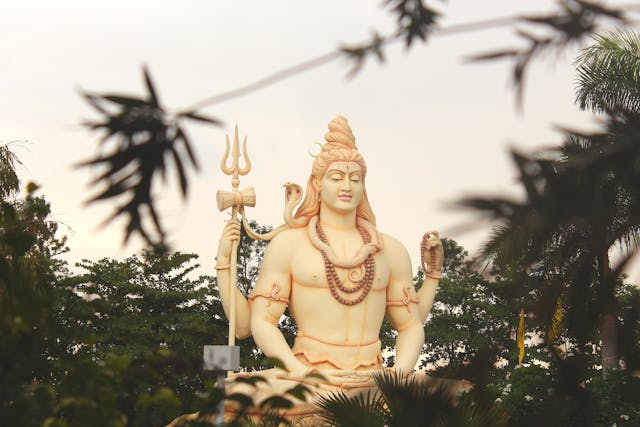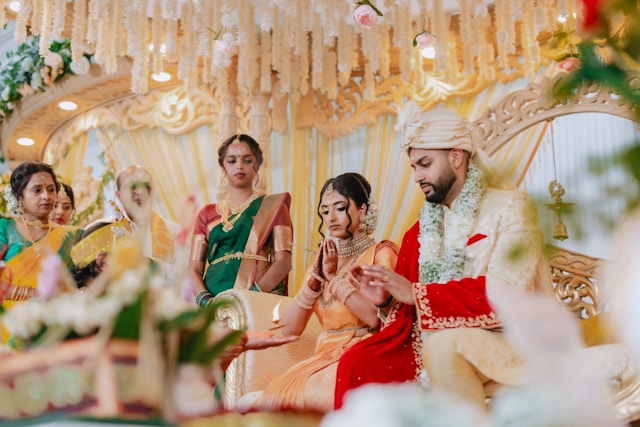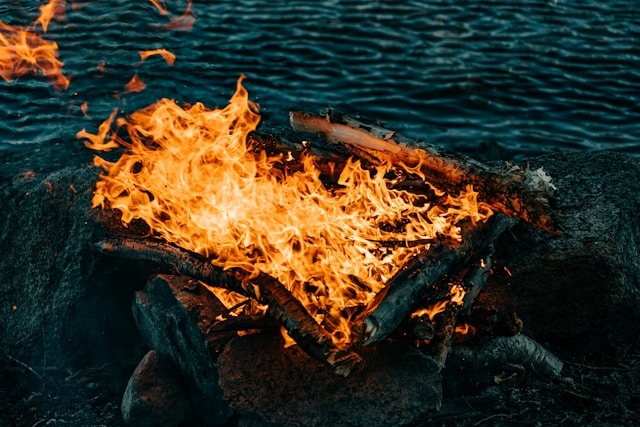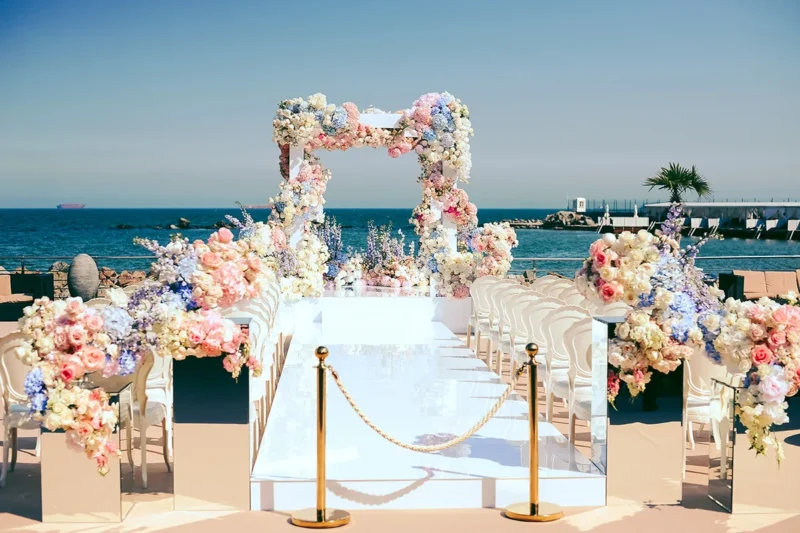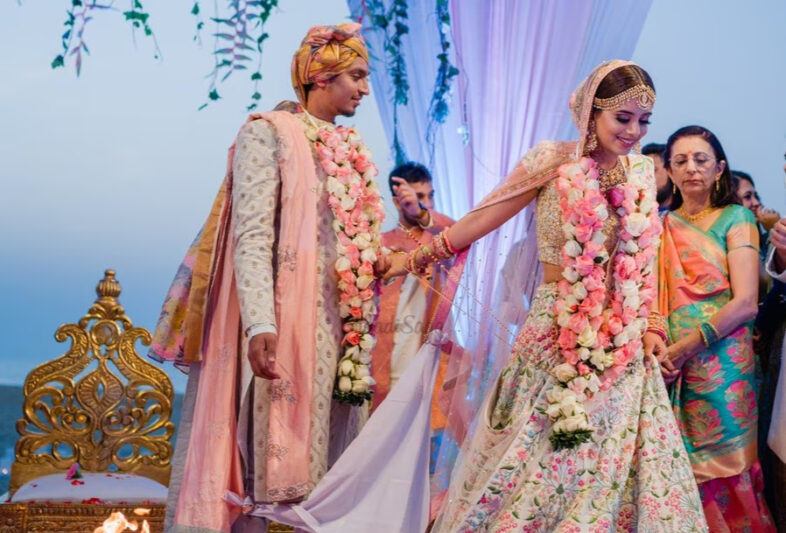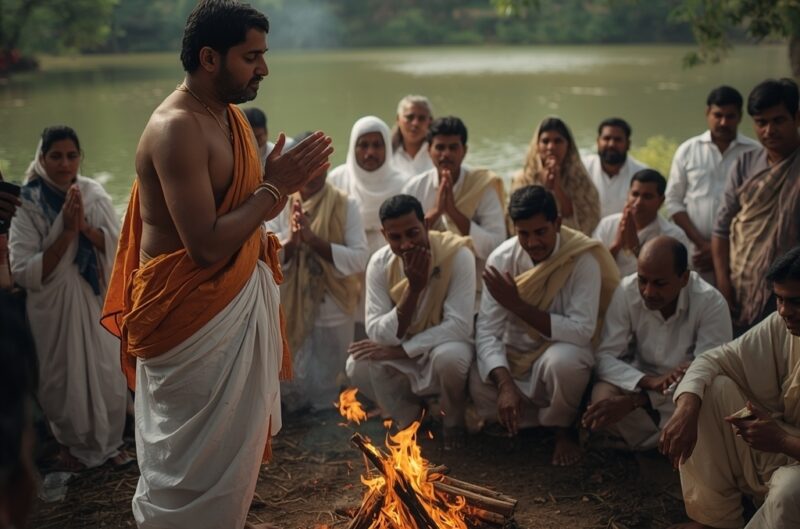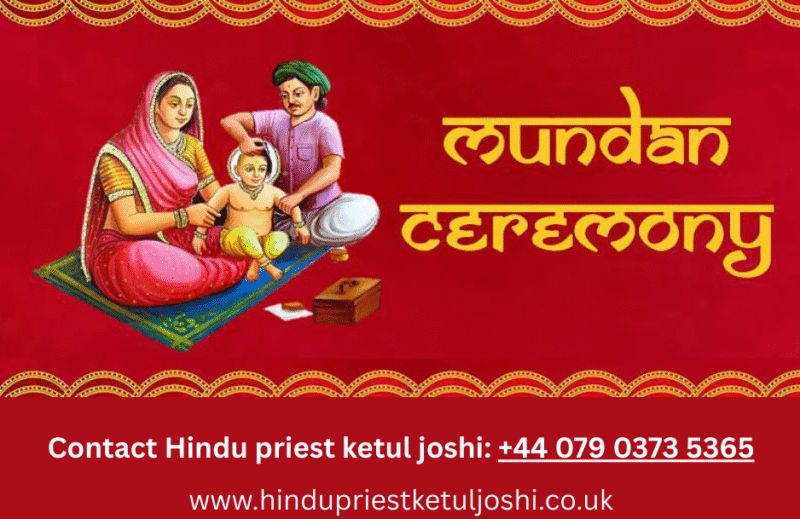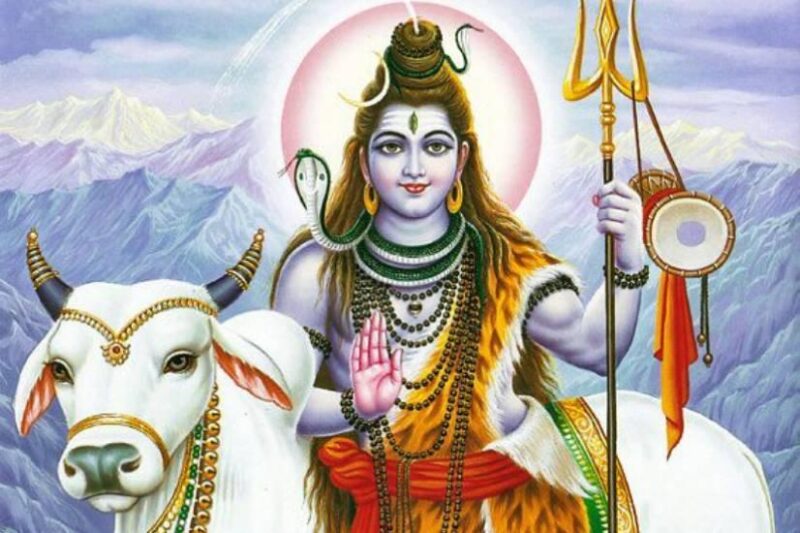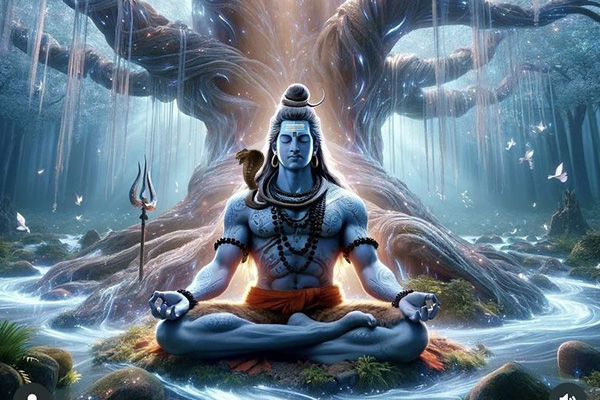Performing Antyesti (Last Rites) in the UK: Hindu Priest Guidance and Support
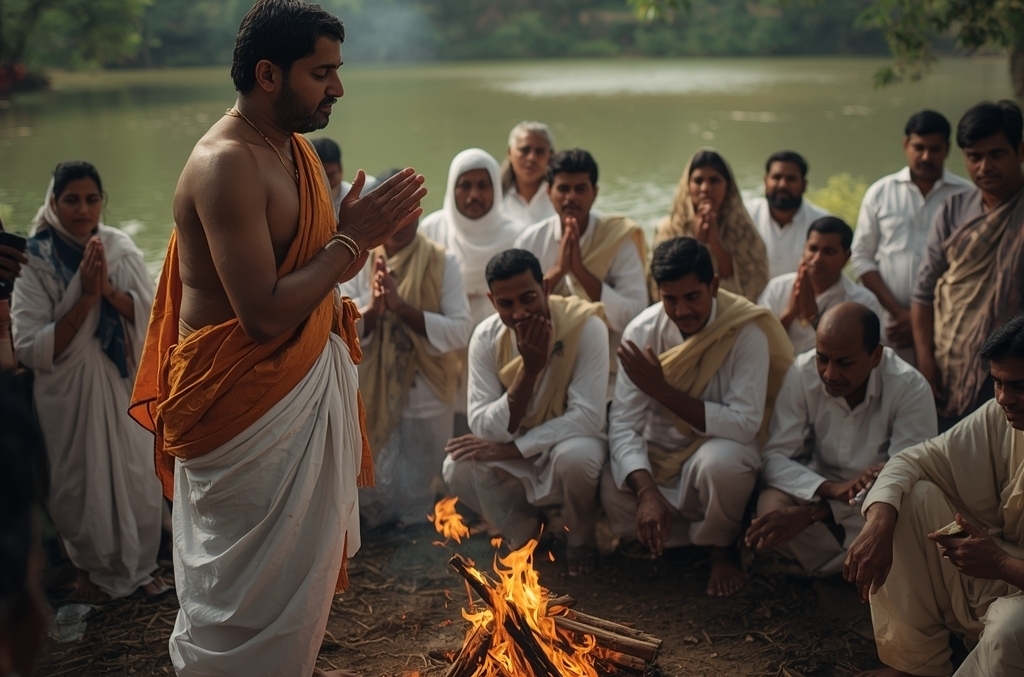
Performing Antyesti (Last Rites) in the UK: Hindu Priest Guidance and Support
Performing Antyesti (Last Rites) in the UK: Hindu Priest Guidance and Support: In Hinduism, death is not considered the end, but a spiritual transition—a journey of the soul from one life to another. This deeply spiritual belief manifests through Antyesti, the final sacrament or samskara, commonly referred to as the last rites. Performing Antyesti with sincerity and adherence to Vedic principles is crucial to ensure the soul attains peace and continues its journey toward liberation. For the Hindu community in the UK, preserving these sacred traditions amid a Western environment presents both challenges and opportunities.
This article aims to provide detailed guidance on conducting Antyesti, Performing Antyesti (Last Rites) in the UK: Hindu Priest Guidance and Support or the last rites, in the UK port phasizing the support offered by experienced Hindu priests. It also explores the adaptation of traditional Hindu funeral rituals to British legal and cultural frameworks, ensuring that the final journey of the departed is honored with sanctity and devotion.
The Hindu Marriage Officiant: A Detailed Guide to Roles, Rituals, and Costs in the UK
Understanding Hinduism Funeral Rituals
Hinduism funeral rituals are deeply rooted in the Vedas and Puranas. The Antyesti is the final of the sixteen samskaras (life sacraments), performed to release the soul from the body and assist it in its journey to the next realm. This process involves multiple stages—body preparation, cremation or burial, mourning, and remembrance rites.
Key components of a Hindu funeral ceremony include:
- Bathing and dressing the body in traditional Hindu funeral attire
- Chanting of mantras by a Hindu priest
- Offering of rice balls (pindas) to the departed soul
- Cremation at a Hindu crematorium or burial, depending on community custom
- Ashes immersion and post-funeral rites like Shraddha and Pind Daan
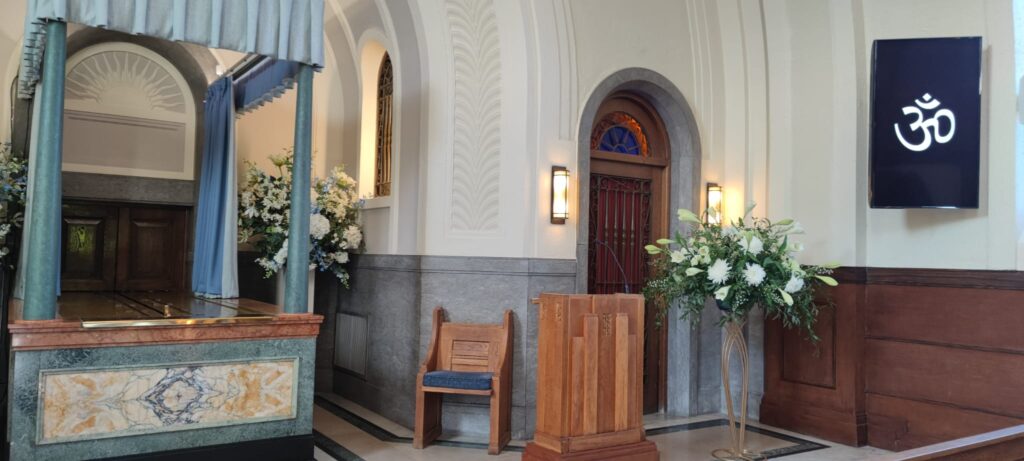
Performing Antyesti (Last Rites) in the UK: Hindu Priest Guidance and Support – Funeral Hindu Traditions: Cultural Importance and Symbolism
The death ceremony in Hindu belief serves not only to mourn the loss of a loved one but to spiritually assist their soul. In death rituals in Hinduism, the concept of the five elements—earth, water, fire, air, and ether—plays a significant role. The body returns to these elements through Hindu cremation or Hindu burial, based on family tradition.
Hindu death rituals begin immediately after death. The eldest son or closest male relative often takes the lead in performing rites. A Hindu priest offers guidance and performs rituals such as lighting the sacred fire, reciting holy scriptures, and conducting the cremation ceremony.
Hindu Funeral in the UK: Challenges and Considerations
In the UK, performing a Hindu funeral involves complying with legal procedures, coordinating with funeral directors, and locating a suitable Hindu crematorium. These logistical steps can be overwhelming for grieving families. However, with the help of a Hindu priest UK, families can conduct Indian funeral rituals in alignment with both religious norms and UK regulations.
Some challenges faced include:
- Understanding UK cremation laws and registering the death
- Booking time slots at crematoriums
- Finding facilities that allow traditional fire-based Hindu cremation rituals
Despite these, many Indian funerals in UK maintain authenticity thanks to the efforts of Hindu priests in the UK who work closely with funeral homes and local councils.
Hindu Funeral Ceremony: Step-by-Step Overview
- Preparation of the Body The body is washed and dressed in simple white clothes or traditional attire. Flowers, tulsi leaves, and sandalwood paste are used. The big toes are tied together and the hands placed in a prayer position.
- Funeral Service at Home or Temple Before the cremation, a brief Hindu funeral ceremony may be held at home or a temple. The Hindu priest chants mantras, and family members offer rice balls, incense, and ghee.
- Cremation or Hindu Burial The body is taken to a Hindu crematorium. The chief mourner circles the body and lights the pyre or activates the cremation furnace. If Hindu burial is practiced, prayers are recited before interment.
- Post-Funeral Rituals Hindu rituals after death continue for 10, 11, or 13 days. These include Shraddha and feeding Brahmins. Hindu rituals after death of mother or father carry added spiritual significance and should be performed with precision.
- Ash Immersion and Remembrance The ashes (asthi) are collected and immersed in a holy river—either transported to India or immersed in UK rivers like the Thames (with permission). Monthly and annual ceremonies commemorate the soul.
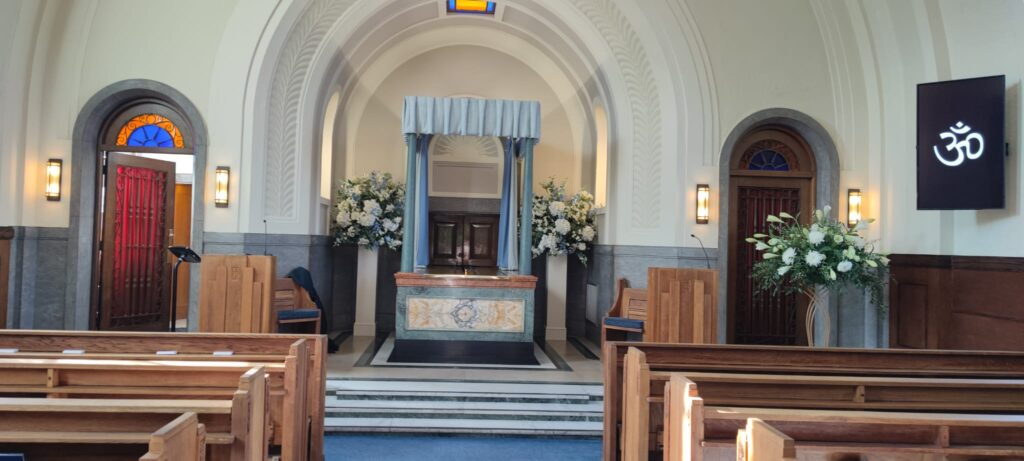
Hindu Funerals in UK: Role of the Hindu Priest – Performing Antyesti (Last Rites) in the UK: Hindu Priest Guidance and Support
A Hindu priest provides vital spiritual and logistical support for conducting Hindu funeral UK ceremonies. From guiding rituals to ensuring compliance with local laws, the priest’s role is indispensable.
Priests help with:
- Performing rituals in Sanskrit and English
- Explaining the symbolism behind each rite
- Leading the after death Hindu rituals
- Coordinating with funeral homes familiar with Indian funeral customs
Hindu Funeral Attire: What to Wear to a Hindu Funeral in UK
Understanding what to wear to a Hindu funeral in UK is important to honor traditions. Generally, white or light-colored attire is worn, symbolizing purity and mourning.
- Men: White kurta-pajama or simple white shirt and trousers
- Women: White sari or modest, light-colored dress
Avoid bright colors, makeup, or jewelry. Traditional Hindu funeral clothing signifies detachment from the material world.
Indian Funeral Traditions and Adaptations in the UK
Indian funeral traditions vary by region, but most share common Vedic roots. Communities from Gujarat, Punjab, Tamil Nadu, and Bengal may have distinct customs, but all adhere to the fundamental principles of Hinduism death rituals.
Adaptations include:
- Using electric cremation instead of open pyres
- Conducting remote prayers via Zoom for relatives abroad
- Simplified Shraddha ceremonies in temples or community halls
These adjustments ensure that Hindu rituals after death remain relevant while respecting UK laws.
After Death Hindu Rituals: Duties of the Family
The family has an essential role in completing after death Hindu rituals, such as:
- Lighting the funeral pyre or initiating the cremation
- Performing daily rituals for 10–13 days
- Observing the one-year ceremony or annual Shraddha
Specific rituals include:
- Hindu rituals after death of mother: Extra prayers, fasting, and feeding Brahmins
- Hindu rituals after death of father: Pind Daan at Gaya or a local equivalent
These rites honor the ancestors and fulfill the family’s dharma (duty).
Regional Differences in Indian Funeral Traditions
India is home to numerous communities, each with unique customs. When it comes to Indian funeral traditions, practices may differ slightly across states like Gujarat, Maharashtra, Tamil Nadu, Punjab, and West Bengal. However, the underlying principles of Hindu funeral rituals remain rooted in dharma and the soul’s passage to the afterlife.
For example:
- South Indian funerals often include extensive use of tulsi (holy basil), oil lamps, and coconut offerings.
- Gujarati Hindu funerals may involve specific chants like “Ram Naam Satya Hai” and the use of ghee during cremation.
- Tamil Hindu funeral ceremonies sometimes include rituals like breaking a clay pot to symbolize the soul’s release.
Families living in the UK often strive to honor these regional differences. UK-based Hindu priests are well-versed in various cultural traditions and can tailor ceremonies based on the family’s background, making Hindu funerals in the UK deeply personal and authentic.
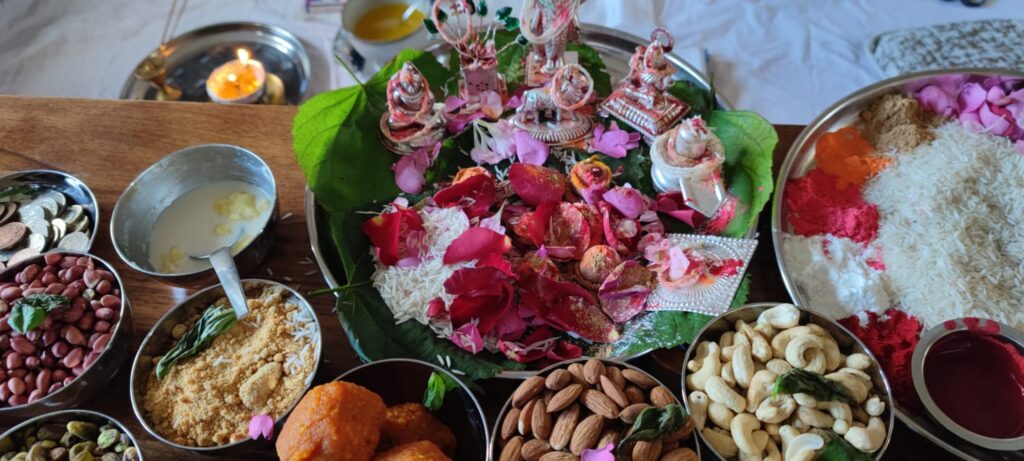
Preparing for a Hindu Funeral in the UK: A Family Checklist
Organizing a Hindu funeral UK can be overwhelming, especially during a time of grief. The following checklist offers practical steps for families:
- Register the Death
The first step is to legally register the death with local authorities to obtain the death certificate, which is required for cremation or burial. - Contact a Hindu Priest
Reach out to a trusted Hindu priest in the UK who can guide you through both the religious rituals and legal logistics. Many temples have priests who specialize in funeral Hindu ceremonies. - Choose a Funeral Director Familiar with Hindu Customs
Some UK funeral homes are familiar with Indian funeral customs and can assist in planning the funeral according to Hinduism funeral rituals. - Select a Hindu Crematorium or Burial Site
Ensure that the venue accommodates traditional rites such as chanting, use of sacred fire, or placement of the body as per death rituals in Hinduism. - Plan Attire and Guest Instructions
Make family and guests aware of what to wear to a Hindu funeral in UK—typically white or modest light-colored clothing. Avoiding makeup, leather items, or black garments is considered respectful. - Post-Funeral Rituals
Schedule Shraddha, Pind Daan, or Tarpan either locally or in India. The 13-day mourning period (or sometimes 10 or 11 days) is observed through daily prayers and simple living.
Navigating Hindu Cremation in the UK
Hindu cremation is a central part of the Antyesti rite. In the UK, open-air cremation is not allowed, but many modern crematoria support Hindu rituals respectfully. The family may be allowed to:
- Light incense
- Perform circumambulation around the body
- Offer prayers and sacred items like rice, ghee, or sandalwood
- Witness the start of the cremation process (if permitted)
After cremation, ashes are returned to the family in an urn. While some choose to scatter them in a local river (with necessary permissions), many families arrange to send the ashes to India for immersion in sacred rivers like the Ganga, Yamuna, or Godavari.
Digital Support and Global Family Participation
Modern Hindu funerals in the UK are increasingly incorporating digital tools. With families spread across continents, it’s now common to:
- Stream the Hindu funeral ceremony via Zoom or YouTube
- Include remote participation in mantras or eulogies
- Digitally invite guests and share rituals via PDF or WhatsApp
These options help maintain the spiritual integrity of after death Hindu rituals while adapting to the realities of modern diaspora life.
Supporting Children and Non-Hindu Family Members
In mixed-faith or multicultural families, explaining Hindu death rituals to non-Hindu members can foster understanding and unity. Many Hindu priests in the UK offer multilingual explanations, often conducting parts of the Hindu funeral ceremony in English.
Children may be involved in offering flowers or lighting lamps. Elders often share stories about the significance of death rituals in Hinduism, helping younger generations stay connected to their heritage.
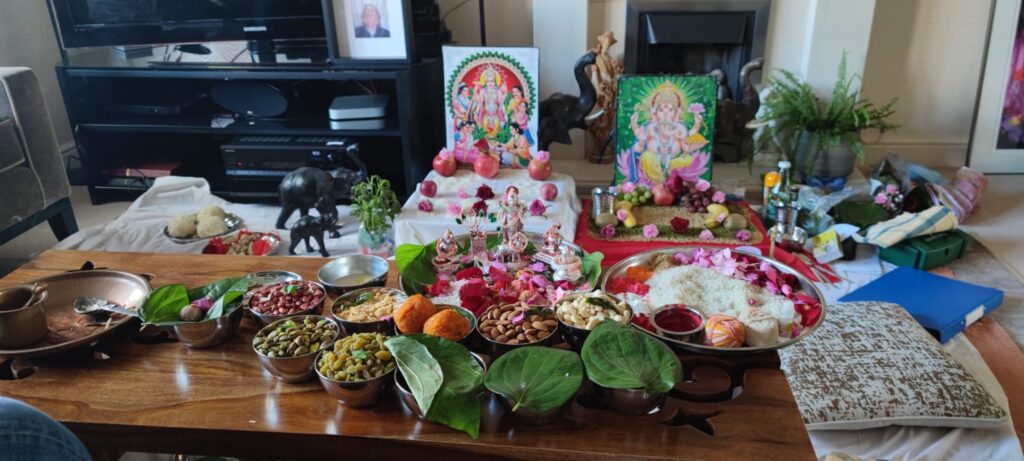
Grief, Healing, and the Continuing Role of Ritual
Hinduism death rituals are not just about performing duties but also about emotional healing. The Shraddha and Tarpan ceremonies—held on the 13th day, the 6-month mark, and annually—help the family move through grief while continuing to honor the deceased.
Participating in Hindu rituals after death of mother or father becomes a meaningful way to express love, duty, and spiritual continuity.
In Hindu philosophy, remembering the departed with devotion and purity benefits both the soul and the living. These rituals connect generations and reinforce a sense of community.
Resources for Hindu Funerals in the UK
Families seeking support can access the following resources:
- Local Temples: Most have priests who perform Antyesti and follow-up ceremonies.
- Hindu Organizations: Groups like the Hindu Council UK or BAPS Swaminarayan Sanstha offer funeral guidance and community support.
- Crematoriums: Facilities like Golders Green, West London Crematorium, and City of London Crematorium are known for accommodating Hindu funeral rituals.
These institutions help uphold the sanctity of Indian funeral traditions, even in a foreign land.
Final Reflection
Antyesti is more than a farewell—it’s a sacred passage. Whether you’re performing Hindu rituals after death of father, organizing Indian funerals in UK, or simply attending a Hindu funeral, understanding the rites and their meanings brings depth to the experience.
With the compassionate guidance of experienced Hindu priests UK, the timeless wisdom of the Vedas continues to flourish, allowing the soul’s final journey to unfold with honor, peace, and spiritual grace.
Conclusion: Honoring the Departed with Dignity
Performing Hindu funerals in UK with authenticity and devotion is entirely possible with the right guidance. Hindu priests in the UK act as spiritual anchors, ensuring that sacred traditions are preserved even far from the motherland.
From Hindu funeral attire to Hindu cremation, from Hindu funeral ceremony to after death Hindu rituals, every aspect plays a crucial role in honoring the deceased. Families can find comfort in knowing that their loved one’s soul is being guided with dignity, devotion, and accordance with the eternal wisdom of the Vedas.
Whether it’s your first experience with Indian funerals in UK or you’re seeking clarity on specific Hindu death rituals, embracing these sacred traditions brings peace to the soul and strength to the living.
